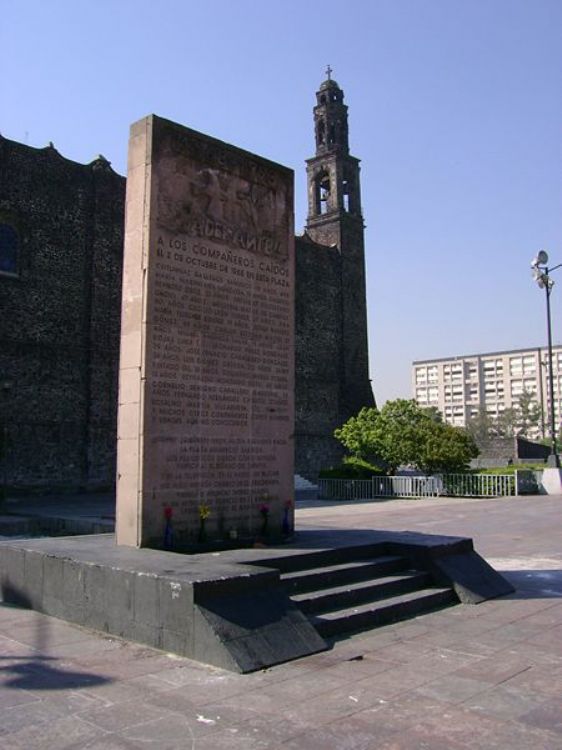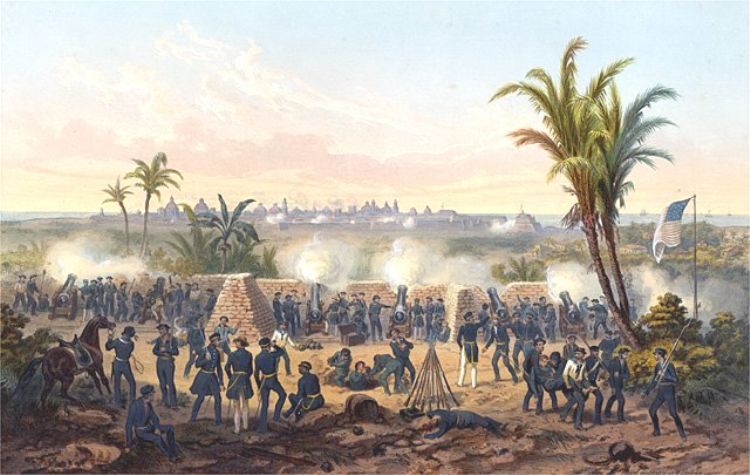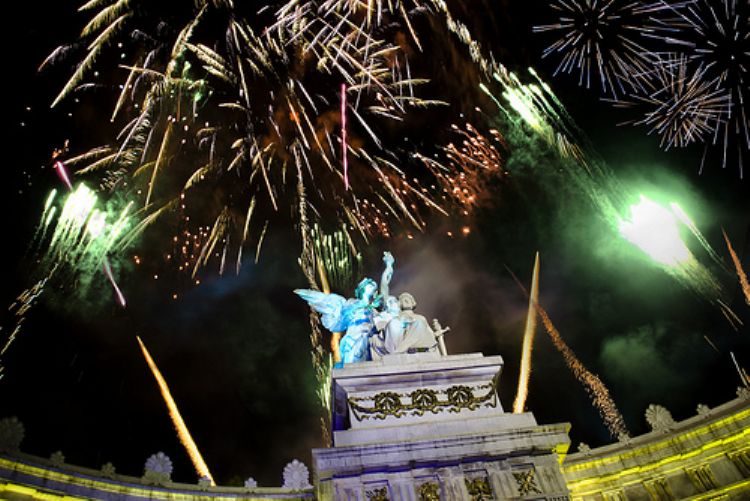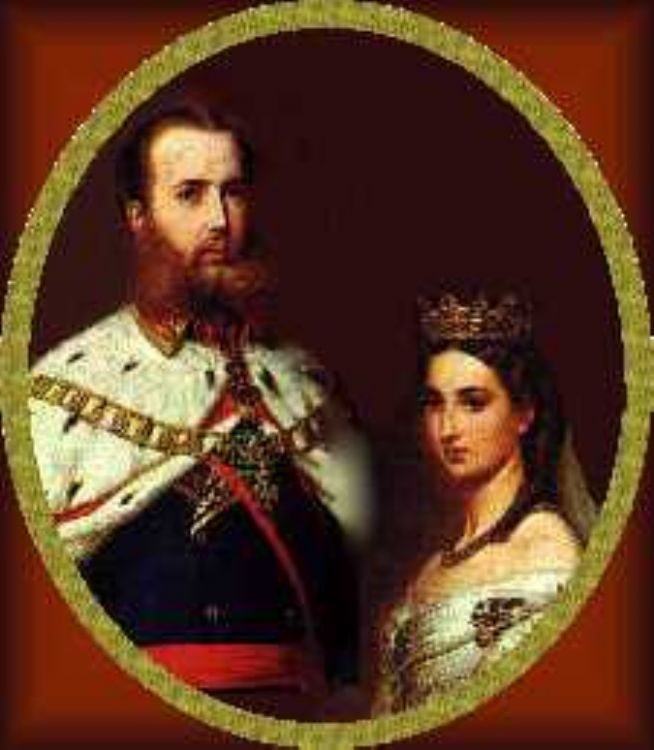Culture in Mexico
Tequila, Mariachis and Tacos are regarded as symbols of Mexican culture around the world. This has to do with the fact that Mexicans are cheerful by nature, and indeed passionate about partying. As typical Latin Americans, Mexicans greatly and deeply enjoy dance and music, as well as good food and good drinks.
But it is no longer that simple to describe present Mexican culture, for nowadays it is more of a blend of both history and tradition on one hand, and modernization on the other.
The schedule of national holidays consist of numerous national, regional and local festivities, that are profusely celebrated in each community, a tradition that reflects
the high degree of spirituality found in the population, as a result of both the believes inherited from their ancient ancestors and the catholic evangelization imposed to them by the Spanish conquistadors.
Some of the main festivities include the national holiday of the virgin of Guadalupe, a catholic celebration that every 12th of December reminisce the message that, according to legend, this advocate of virgin Mary left for the Mexican people, represented by a young Indian. Another major event of international renown, is the called Dia de los Muertos or day of the dead, the date when Mexicans celebrate, according to native indigenous tradition, the return of the dead to visit their live relatives, since death is not considered the end but an extension of life in a parallel universe.
Warm, welcoming and hospitable, Mexicans enjoy providing help to foreign visitors coming to their country, and they don't mind if sometimes communication has to be achieved through signs and gestures.
The core of Mexican society is the family, where the typical psychology of the Mexican macho is clearly present: the male that worships his mother, takes care of his sister's honor, but does not treat women outside his family with equal respect. This is still a reality for millions of Mexican families, specially for those located very low within the social scale or with poor or no education. However, Mexican society has come a long way and nowadays the nation is inhabited by millions of professional men and women that live within modern standards and customs, and that are shaping a new order and social configuration, particularly in the large cities. As a token of this new modernity, Congress approved the legal practice of abortion in the capital city, effective since 2007.
Despite all this, modernity has not changed the strong family ties that are characteristic of Mexicans. This is why new generations travel around the globe, find jobs abroad, adopt and adapt to new philosophies and ways of life, but always return during the summer or in the Christmas season to visit the family, a very important part of their lives.
Of course all these celebrations, festivities and family reunions would not be as popular without good food and good drinks; because it is no mystery that Mexican cuisine, famous around the world, contains a vast scope of ingredients and colors that seduce even the most discerning palates, not to mention if such great dishes are complemented by exquisite Tequila or good Mexican beer.
Another passion of this colorful culture is football: games from Primera Division or major league represent a big social occasion and promote a kind of fraternity between team followers. Men, women and children of every social condition fill the stadiums or meet at their homes to follow the games with extreme passion and fanaticism.






